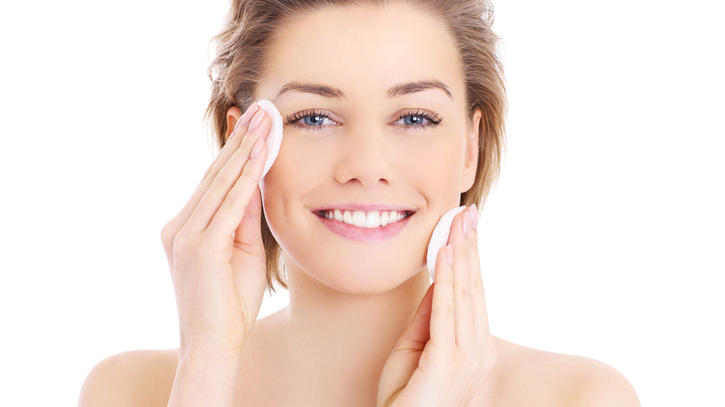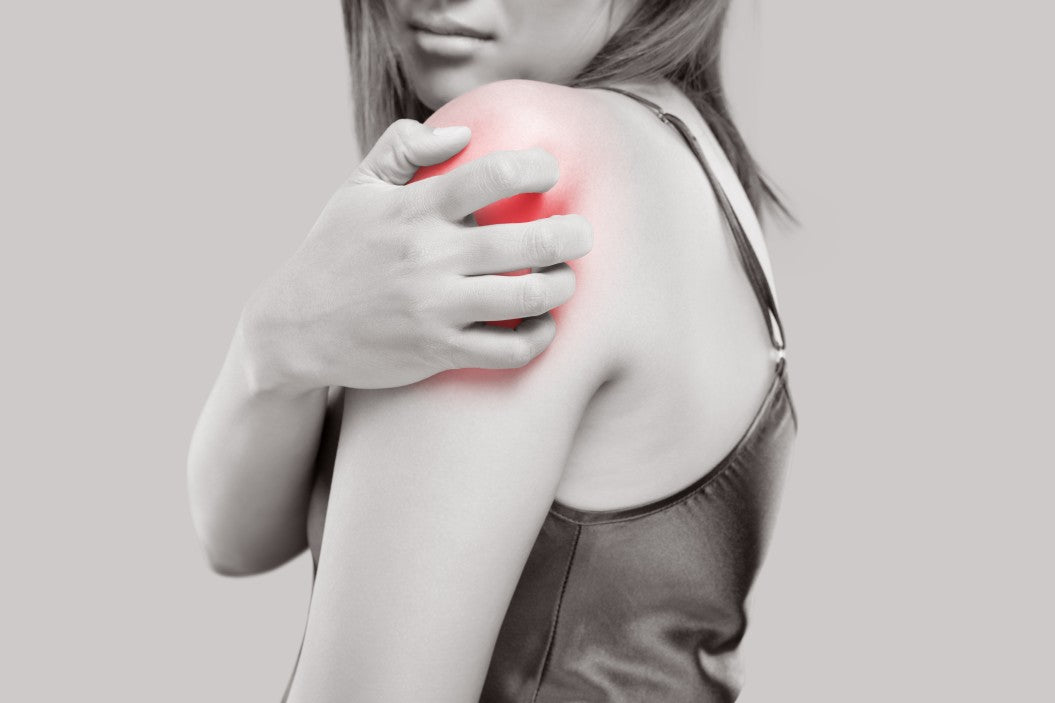
Natural Skincare - Frequently Asked Questions
Everyone wants their skin to remain young and beautiful forever. While we can’t fight genetics or gravity, we can make healthy choices that help to keep our skin in optimal condition. To get on the road to better skin the natural way, here are the questions people most commonly ask.
Which oil should I use on my skin?
It depends on your skin. There are a handful of options that people swear by; one or two of them may suit you too.
Coconut oil: Some people use coconut oil for everything and will wax lyrical about it for cleaning, moisturising and everything in between. However, coconut oil is comedogenic. This means it blocks your pores – for some people, this will result in breakouts and other skin challenges. Coconut oil is also a salicylate, which may aggravate problems and make your skin red and itchy.
Macadamia oil: Contains omega 6 linoleic acid, which is useful for balancing sebum production and supporting your skin barrier. It’s highly emollient, yet light and penetrating, so is excellent for mature skins. We use it in our Natural Berry Night Moisturiser.
Apricot kernel oil: The high gamma linoleic Acid (GLA) content in apricot oil enables your skin to maintain its moisture balance. GLA also helps to tone and firm your skin, while vitamins A and E help to slow down signs of ageing. This is another oil we use in our products, such as Okana Vegetable Garden Day Moisturiser.
How long will it take for my skin to adjust to a natural skincare routine?
It varies from one person to the next, but generally you’ll only notice good effects, not bad. Reactions, such an inflammation or itchiness, indicate you’re intolerant to a new product. A few small blemishes that come and go and never return are an adjustment. If you have sensitive or problematic skin and are nervous about changing, then do spot tests in your inner elbow over a couple of days to see if a reaction occurs.
What’s the single best thing I can do for my skin health?
A great diet and water intake. The vitamins and minerals from vegetables and fruit are vital for skin health. Dehydration shows on your skin very quickly.
The best skin nutrients include zinc, magnesium, vitamin A and B and collagen. In New Zealand soil, zinc is often in short supply, so this is something you may be lacking; a good quality supplement could help your skin and nail heath. Collagen naturally starts to slow production as we age, which may cause the skin to age faster. You could try taking a collagen supplement every day; results vary from person to person.
Also, consider taking a probiotic every day. If your stomach isn’t healthy, it won’t be as efficient at absorbing all that’s required.
Food intolerances show on the skin, so if you have problems with eczema and dry, flaky skin, then consider getting tests done for standard allergens like gluten and dairy.
What conventional beauty products should I swap for natural alternatives?
An easy approach to updating to a natural skincare regime is to simply replace items with natural alternatives when they run out. Consider options beyond just facial wash and moisturiser, such as exfoliator and toner, and think about makeup (make sure you go mica-free, as this trade uses child labour) and haircare as well.
Do I need to use organic products?
Probably not. The phrase ‘organic’ isn’t regulated and it’s become a marketing buzzword. While there are some organic products that may offer some benefits, it can be difficult to understand which ones are genuine. Always be thoughtful when reading labels; the word ‘natural’ doesn’t always reflect the goodness of the ingredients. We know that stinging nettles are natural and organic, but we wouldn’t want to rub it into our skin! Read the ingredients list carefully before you buy any skincare product. Choose items that are literally good enough to eat.
Why don’t natural products last as long as conventional skincare?
Conventional skin products contain a range of ingredients that are emulsifiers and preservatives. These ensure the product remains blended and has a long shelf life. However, many natural products don’t contain these and this can affect the length of time the product will last for. Just like olive oil goes off over time, so will oils in your beauty product. At Okana we use natural, food-based preservatives to prolong the life of our products.
What’s the best way to manage sensitive skin?
Be gentle. Don’t use scrubs, use tepid water to wash and use gentle products. Switch to an oil-based cleanser, like our Mango + Apricot Sorbet Cleanser, and always avoid products that are fragranced.
How can I reduce oil on my skin?
Don’t try to dry out your skin with harsh cleaners; it only encourages your skin to produce more oil. If you like the feeling of washing your face with water, use our foaming cleanser – it won’t mess with your skin’s natural pH. Only wash your face twice a day and always follow with moisturiser.
How do I know what my skin type is?
Skin is usually classified as oily, normal, dry, sensitive or combination. This changes over time, so what you were as a teenager might be different in your 30s. To identify which one your skin is, wash it gently, pat dry and leave it for an hour or two. Does oil form? Where? If it’s oily all over, you have oily skin. If it’s only oily down the middle, you have combination skin. If your skin feels tight, you have dry skin. And if your skin feels itchy, you probably have sensitive skin.
Do I have to wear sunscreen?
Short answer - Yes. Use a physical barrier cream, such as a zinc-based one, rather than a chemical sunscreen. And always wear a hat when outside. Protecting your skin from the skin helps to prevent pigmentation, wrinkles and skin cancer.
See our article on 'How to get “Glass Skin” Naturally'





Leave a comment
This site is protected by hCaptcha and the hCaptcha Privacy Policy and Terms of Service apply.